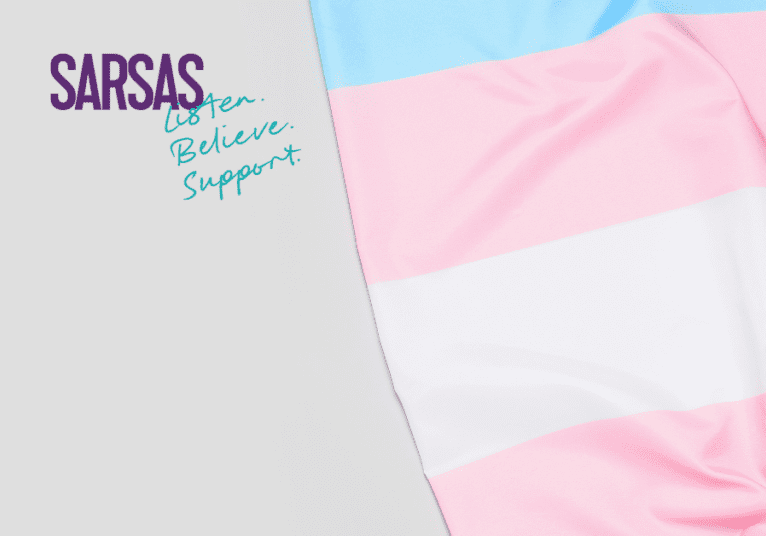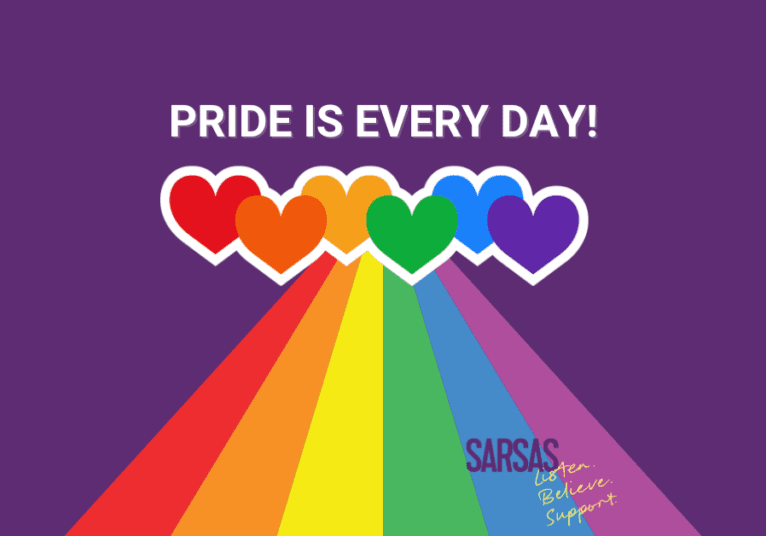
FGM
Procedures that involve the partial or total removal of the external female genitalia, or other injury to the female genital organs for non-medical reasons.
What is Female Genital Mutilation (FGM)?
Female genital mutilation (FGM), also known as female circumcision or female genital cutting, is defined by the World Health Organisation (WHO) as “all procedures involving partial or total removal of the external female genitalia or other injury to the female genital organs for non-medical reasons”. It is a form of child abuse.
The procedure is traditionally carried out by an older woman with no medical training. Anaesthetics and antiseptic treatment are not generally used and the practice is usually carried out using basic tools such as knives, scissors, scalpels, pieces of glass and razor blades. Often iodine or a mixture of herbs is placed on the wound to tighten the vagina and stop the bleeding.
It has no health benefits and is recognised internationally as a violation of human rights.
Worried about FGM?
Call the NSPCC FGM helpline if you’re worried a child is at risk of, or has had, FGM. It’s free, anonymous and open 24 hours a day 0800 028 3550.
For more advice and support in Bristol, visit https://bnssgccg.nhs.uk/health-advice-and-support/female-genital-mutilation/
The latest from our news and blogs

Trans, Non-Binary, and Intersex (TNBI) Support Group
Coming together in a confidential space to support each other and identify ways to move forward after rape & sexual abuse.












